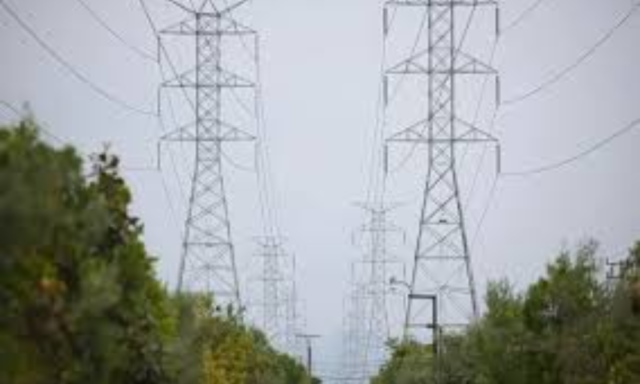Moscow: The Baltic States cut ties with Russia’s electricity grid in a historic transition toward energy independence. Estonia, Latvia, and Lithuania are now integrating into the European Union’s network, marking a major shift away from Moscow’s control
A Long-Awaited Move
The transition process started on Saturday morning and will take two days to complete. Officials advised residents in the three countries to charge their devices, stock up on food and water, and prepare as if facing a severe storm. Traffic lights in some areas will be turned off, and people have been warned against using elevators.
A symbolic clock in Vilnius, Lithuania’s capital, will count down to the final seconds before the switch on Sunday. EU Commission President Ursula von der Leyen will attend the ceremony, marking the end of decades of dependence on Russian electricity infrastructure.
Breaking Free from Moscow’s Control
For years, the Baltic nations have remained connected to the Brell power grid, a system controlled by Moscow and shared with Belarus. Although they stopped purchasing electricity from Russia in 2022, their reliance on Brell left them vulnerable to Moscow’s influence.
With this transition, the three nations will disconnect from Brell, conduct frequency tests, and then link up with the European grid via Poland. Lithuania’s Energy Minister, Zygimantas Vaiciunas, described the move as eliminating Russia’s ability to use energy as a geopolitical weapon.
“This is the result of more than a decade of work to break free from Russian energy dependence,” said Prof. David Smith of the University of Glasgow’s Baltic Research Unit.
Security Concerns and Russia’s Possible Response
Tensions between the Baltic nations and Russia have been high, especially since Moscow’s invasion of Ukraine in 2022. Estonia, Latvia, and Lithuania share a combined 874-kilometer border with Russia, increasing concerns over potential retaliatory actions.
In the last 18 months, at least 11 undersea cables in the Baltic Sea have been damaged in suspected sabotage incidents. Recently, officials accused a Russian oil tanker from the so-called “shadow fleet” of damaging Estonia’s main power cable in the Gulf of Finland. While NATO has not directly blamed Russia, it has launched a new patrol mission called Baltic Sentry to monitor threats.
Latvian President Edgars Rinkēvičs warned that security forces could not rule out provocations and are on high alert. Latvian Prime Minister Evika Silina reassured citizens that all risks have been assessed and contingency plans are in place.
Cybersecurity and Disinformation Threats
Experts also fear potential cyber-attacks during the transition. Estonia’s Cybersecurity Centre head, Gert Auvaart, warned that Russia might attempt to create instability but reassured that Estonia has well-prepared for worst-case scenarios. Cyber-attacks on Baltic state institutions and businesses have increased since the Ukraine war, ranging from DDoS attacks to more sophisticated hacks.
Misinformation campaigns have also targeted the transition. Shortly after the Baltic states announced their departure from Brell in August 2024, false reports circulated online, claiming the switch would cause energy shortages and price surges.
A New Era for Baltic Energy
Despite these risks, Estonia, Latvia, and Lithuania see this move as a major victory for their energy independence. Integrating with the EU’s electricity grid strengthens their security and economic stability while reducing Russian influence.
This transition marks the end of a Soviet-era legacy and a new chapter in the Baltic region’s energy future. The coming days will be crucial as the final steps unfold, but the long-term benefits could reshape the region’s energy landscape for decades to come.











